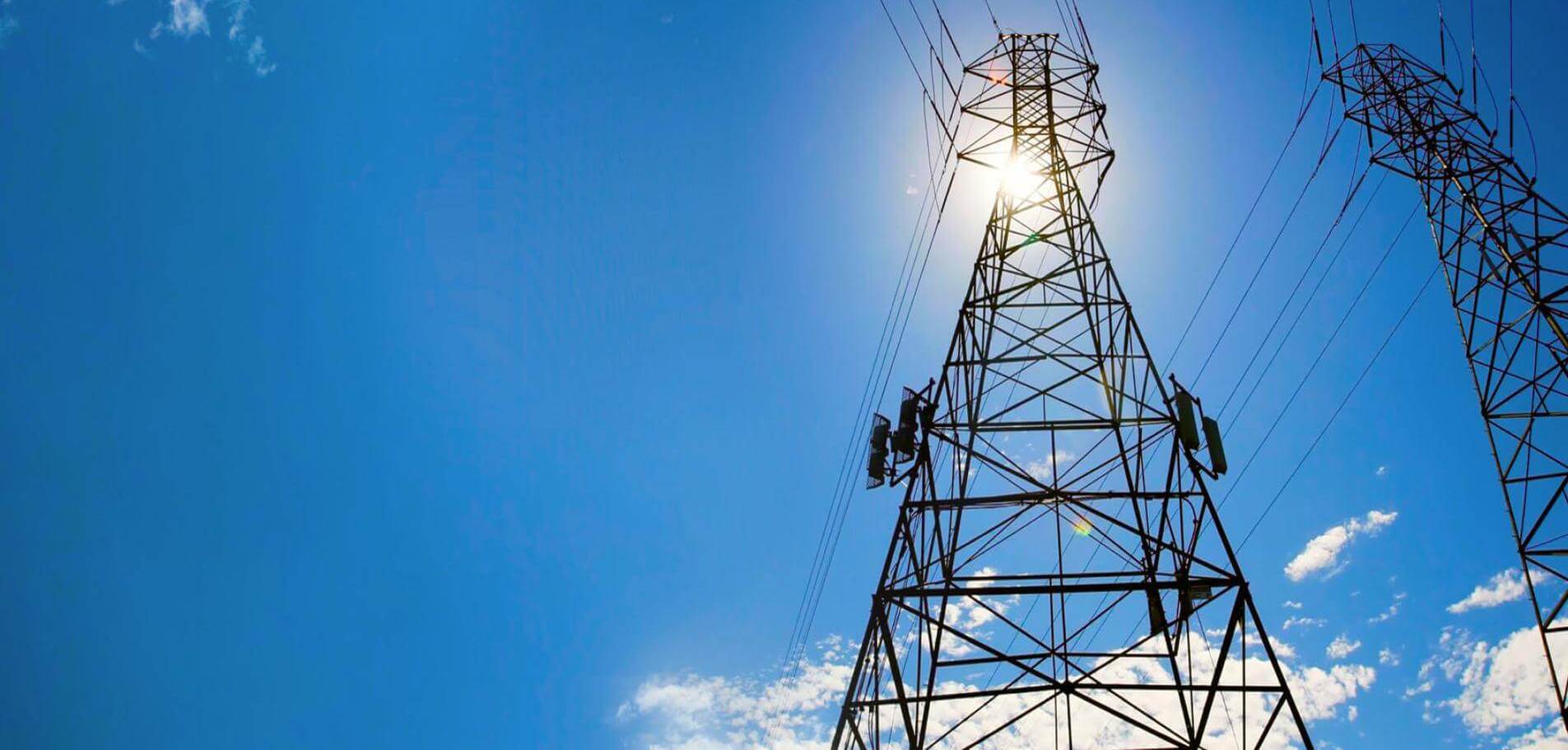
The UAC continues to work on simplifying the procedure for connecting enterprises to the electricity grid. Despite the fact that in 2021 a number of changes has taken place in this direction, including with the UAC’s participation, there is a number of problematic issues that need to be solved.
The activities of the so-called "micro DSO" (distribution systems operators) - private power grids, which is hard for the consumer to be connected to due to the lack of any regulation and influence on their owner.
According to Roman Fedorchenko, an expert of an analytical center “Smart Country”, private grids appeared for various reasons: the legacy of the Soviet Union after the sale or liquidation of industrial facilities, and the construction of private grids in regions where the Regional Energy Services sold it expensive, long-term and with the specter of corruption.
"For example, in Soviet Union there was a factory near which a substation was built. It was joined to the neighborhood unit where its employees lived. But then the factory stopped its work or was reorganized, and the question arose as how to interact with those subconsumers who are connected to the substation. So, in the Regional Energy Service there was a situation when the enterprise delivers electricity to consumers not through their own grids. They were called “small distribution systems”. They have the same responsibilities as distribution system operators (DSOs). The only thing - in the DSO there is a tariff, which includes the investment program, there is an income from the connection service. They have essentially remained in a certain “gray zone”: their activities are unregulated. For example, in the Kyiv Regional Energy Service the low-voltage distribution grids are 50% private, the other 50% belongs to the Regional Energy Service. In the Kherson Regional Energy Service and the Zaporizhzhia Regional Energy Service, especially on the coast, the DSO management and people, who are close to the government, have come up with "business": to build private grids outside the regulatory field and set huge prices to those who want to get voltage for homes or business," Roman Fedorchenko said.
There are a number of issues related to the operation of small distribution systems:
- the connection is set arbitrarily by the grid owner;
- there is no responsibility of the owner of private power grids for the quality of electricity supplied to sub-consumers;
- due to the fact that the owners of the grids are not the licensed by the NCREU, they are deprived of the right to receive funds for the development of grids through investment programs or payment for electricity distribution services, which they actually provide;
- the fee for distribution to private grids is collected by the DSO, and the owner of the grids is left with the compensation for technological losses of electricity, which is not enough for the development of grids.
Currently, the NCREU has taken up the regulation of small distribution systems (SDS). At the end of last year, the "Draft Resolution of the National Commission for Regulation of Economic Competition on Approval of the Methodology for Determining the Maximum Fee for Distribution Services by Small Distribution Systems and Amendments to Certain Resolutions of the National Commission for Regulation of Economic Competition" appeared. The UAC welcomes the regulator's decision to solve this issue, but warns that the resolution outlines it too narrowly. The draft resolution envisages the impact of the regulator only on industrial parks. Other SDSs will remain in the "gray" zone, which will contribute to the further development of corruption and huge tariffs on such grids.
Based on a number of the listed problems, the experts of the analytical center "Smart Country" have prepared a number of proposals to the NCREU to begin their implementing:
- expanding the influence of the NCREU on SDS, starting with the owners of private grids with a maximum connected capacity of 400 kV and more;
- the opportunity to acquire the status of SDS already available to the main consumers who meet the established criteria and are connected to the SDO grids;
- regulation of cases of connection to the SDO grids SDS (except industrial parks), including generating installations of consumers;
- to regulate the terms of application of the payment rate for non-standard connection of capacity for the purpose of cost determining of providing the service with connection of SDS and SDSO (small distribution system operator);
- non-discrimination of SDS users (subconsumers) in terms of obtaining quality electricity distribution services;
- regulation of cases of connection to the SDS grids of new users who have been connected to the DSO networks, but given the quality and cost of distribution services, it is advantageous for the consumer to join the SDS;
- application of service quality standards to SDSO (taking into account the peculiarities of the functioning of the SDS), the establishment of equal rights and opportunities for consumers of electricity - users of the SDS in comparison with the users of the DSO;
- the need to enable the purchase of electricity for SDS users by the relevant SDSO without obtaining a license to conduct business in the supply of electricity, which will facilitate consumer’s access to the electricity market and allow to choose the best offers not only from traders but also by concluding bilateral agreements.
We hope that the voice of farmers will be heard by the NCREU during the discussion of the draft resolution.
We will remind, in a question of reform of connection to electricity grids the UAC became the only organization which represents interests of inhabitants of rural areas
Friday, 28 January 2022